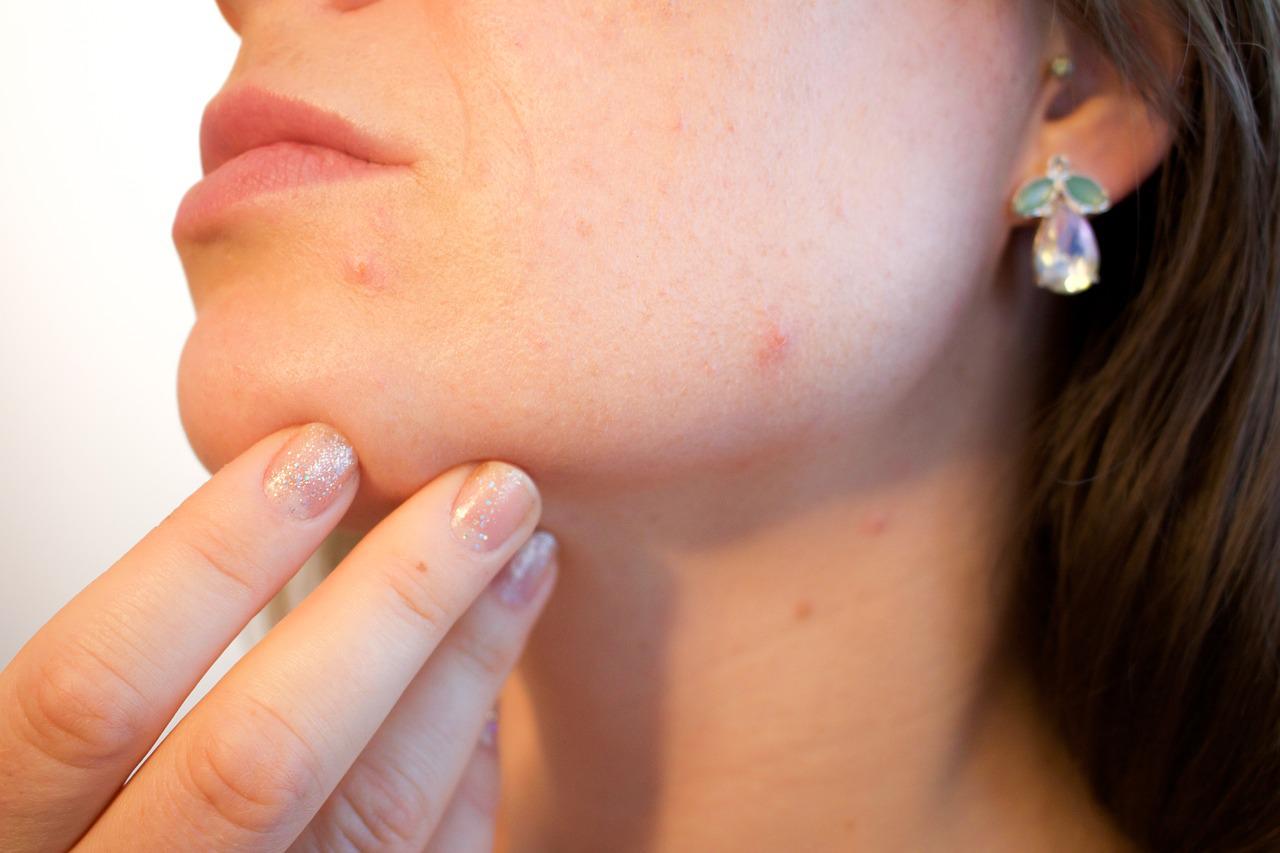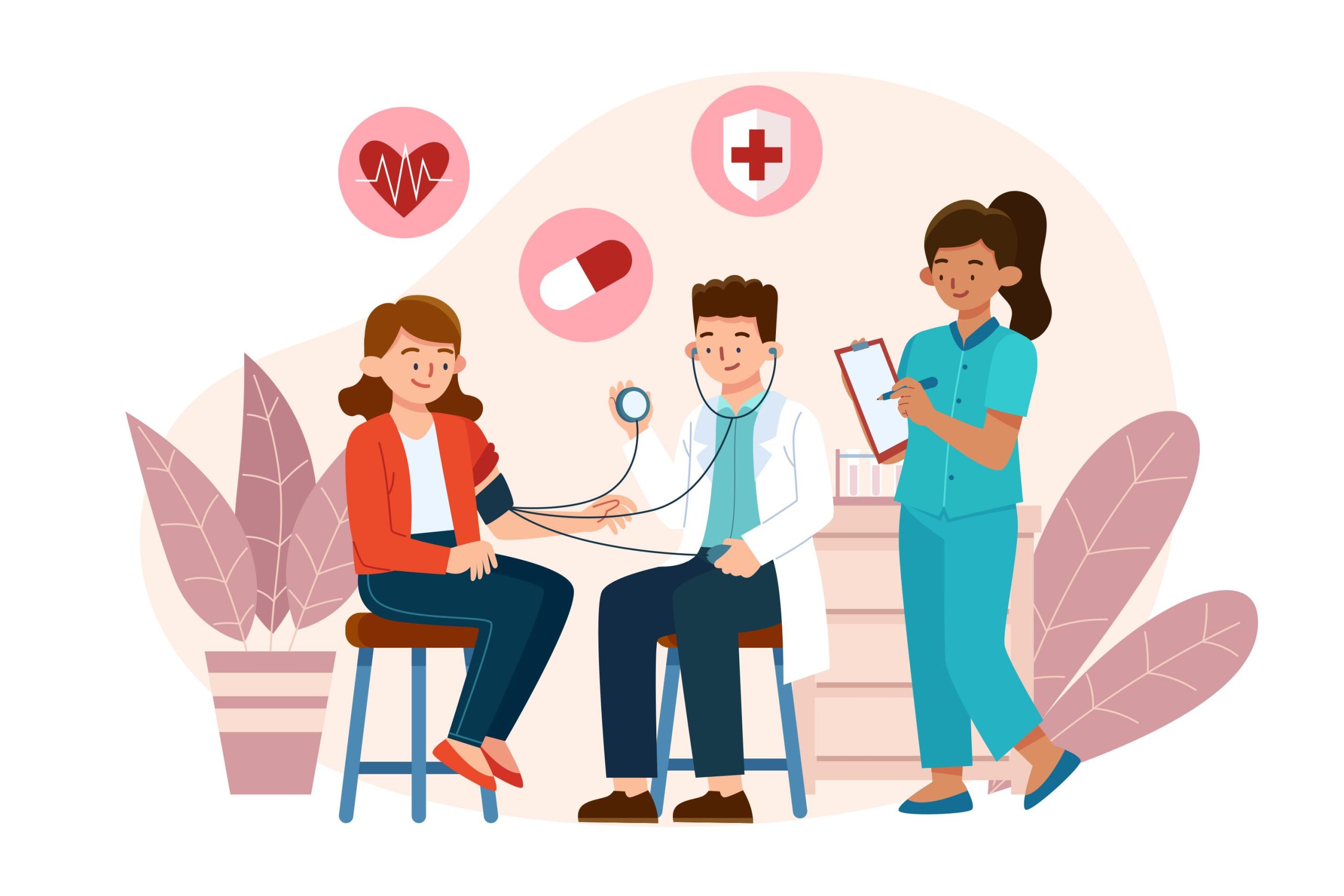Acne is a common skin condition that affects many people around the world. It occurs when the skin’s pores get clogged with oil, bacteria or dead skin. Different types of pimples could appear if you have this condition, such as whiteheads, blackheads, cysts, nodules, pustules, and papules. They could appear on various body parts, including the face, neck, and back.
Besides the uneven and rough texture of the skin, other signs of acne include tenderness and pain in the affected area, inflammation or swelling, and skin discolouration. It could also leave scars, especially if pimples are popped. There are various possible causes of acne, and experts still don’t know why some people have acne while others don’t. However, some factors are believed to contribute to a higher risk of getting acne or worsening the condition, such as:
- Stress
- Smoking
- Poor sleep
- Hormonal changes caused by puberty or pregnancy
- Genes
- Medications
A certified dermatologist can determine the type of pimple you have, its severity, and the best treatment option. There are medications and therapies available that can effectively treat acne. Acne medications are readily available online, making it easier to get a refill.
Topical medication
- Antibiotics. They treat surface bacteria, thus preventing swelling or worsening of the condition.
- Dapzone. This gel is applied to the skin twice daily to treat acne inflammation.
- Retinoids. They aid in preventing clogged pores and help break whiteheads or blackheads.
- Azelaic acid. It minimizes swelling and eliminates microorganisms that cause pimples.
- Salicylic acid. It helps clean the outer layer of the skin, removing dead skins and preventing clogged hair follicles.
- Benzoyl peroxide. It kills surface bacteria, thus preventing acne from worsening.
Oral medication
- Isotretinoin. It makes the oil glands smaller and is used for severe acne cases. Side effects include congenital disabilities and dryness of the skin.
- Oral contraceptives. These meds can help treat acne related to the menstrual cycle.
- Antibiotics. Besides topical medications, there are also oral antibiotics for treating acne.
Therapies
- Chemical peel. This minimizes acne scars by removing the top layer of the skin and making it look smoother.
- Laser. It uses heat to target the scarred collagen, which triggers the body’s natural healing process, producing new collagen. Depending on the severity and type of lesions, the laser treatment could be ablative or non-ablative. The ablative laser eliminates the outer layer of the skin. The non-ablative laser targets the tissue beneath without damaging the surface.
- Steroid. This therapy is not commonly used but can help treat severe acne conditions by decreasing inflammation. However, it may cause discolouration and thinning on the affected part.
- Light therapy. Your doctor will use light instead of heat to treat acne. The dose and light source may vary depending on the severity and acne type. Moreover, it may require several sessions to see the effect.
Acne could affect self-confidence, especially in severe cases. But it’s treatable, and your dermatologist can help you find the best treatment.






